What is a ‘NDIS Appeal’?
Let me clarify at the outset that the key NDIS legislation does not use the term ‘appeal’. Instead, it refers to ‘review of a reviewable decision’.
I have used the word ‘appeal’ in the interests of ‘plain English’ and to avoid confusion with the (scheduled and unscheduled) ‘plan review’ process that the NDIS legislation also provides for.
Am I eligible to make a NDIS appeal?
A participant, or their nominee, or anyone else affected by the plan decision (for example a parent, guardian or representative of a NDIS participant, or prospective participant) is entitled to appeal an access or plan decision.
What are the stages of a NDIS appeal?
The three sequential stages in the NDIS appeals process are:
- Internal (NDIA) review – merits review by a person in the NDIA who was not involved in the original plan decision and who is typically more senior to the original decision maker.
- External (AAT) review – merits review by a Member (officer) of the Administrative Appeal Tribunal (AAT). The AAT is an independent body established under the Administrative Appeal Tribunal Act 1975 (Cth).
- Judicial review – by the Federal Court or High Court.
What is the difference between ‘merits review’ and ‘judicial review’?
Merits review involves a person who was not involved in the making the original decision ‘stepping into the shoes’ of the original decision maker. The person reassesses the facts and evidence against the NDIS laws and policies relating to the original decision to determine the correct and preferable decision. In practice, most NDIS disputes are resolved through one or other of the merits review processes, that is, internal (NDIA) review or external (AAT) review.
Judicial review is carried out only by a court of law. The court examines and determines whether an error of law was made in the making of the decision under review. An example of an error of law is the decision-maker breaching a statutory requirement in making the decision. Since the NDIS commenced in 2013, only a small number of NDIS-related disputes have been resolved by judicial review by the Federal Court.
How Special Voices can help you with a NDIS appeal?
The prospect of going through the NDIS appeals process alone can be daunting. But you know you have to make every effort to get the supports that your child or family member needs. It’s worth the fight, right?
As a professional advocate and lawyer with NDIS experience, I can assist you by:
- helping you to understand the NDIS appeals process;
- providing a plain English and clear explanation of your legal rights under the NDIS and other laws;
- developing a strategy for resolving the issue that complies with NDIS and administrative law procedures, but which aims to resolve your problem in the most quick, efficient and fair way; and
- representing you throughout the appeals process.
Having me ‘fight the battle’ with you, will ensure that you and your family gets the best outcome with minimal stress.
References
National Disability Insurance Scheme Act 2013 (Cth). See ‘Part 6-Review of Decisions’.
Administrative Appeals Tribunal Act 1975 (Cth)
Internal review of a decision, NDIS website
Guidelines – Asking for Internal Review, NDIS website
Administrative Appeals Tribunal. Review of National Disability Insurance Scheme Decisions – Practice Direction made under section 18B of the Administrative Appeals Tribunal Act 1975 (Cth) on 30 June 2015
Steps in External Review, AAT website





